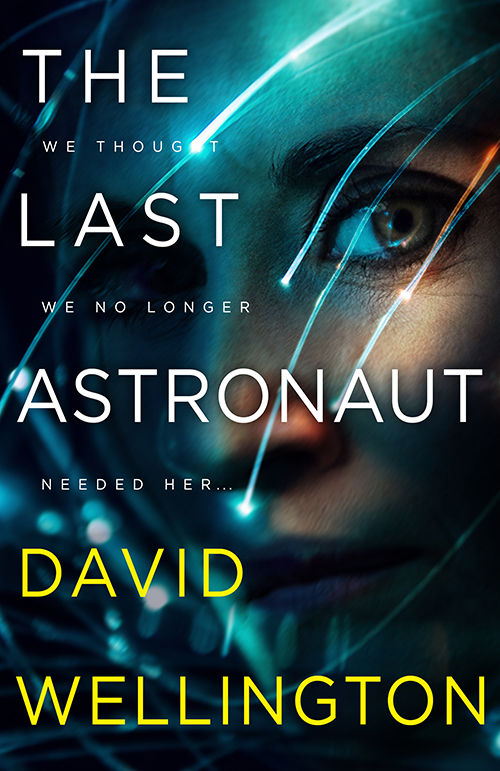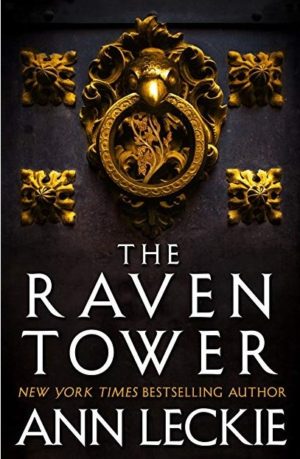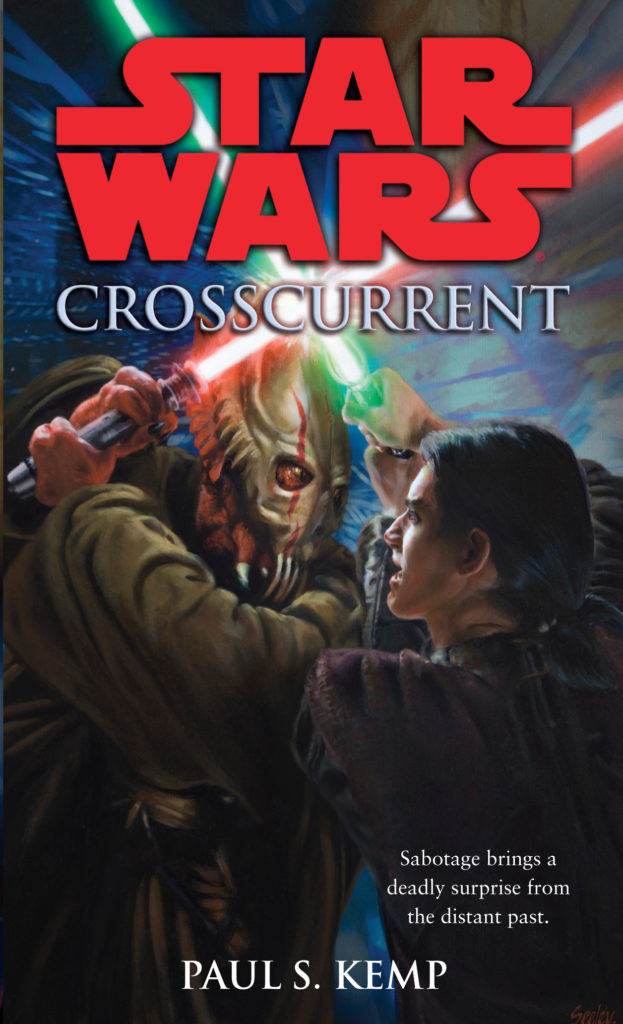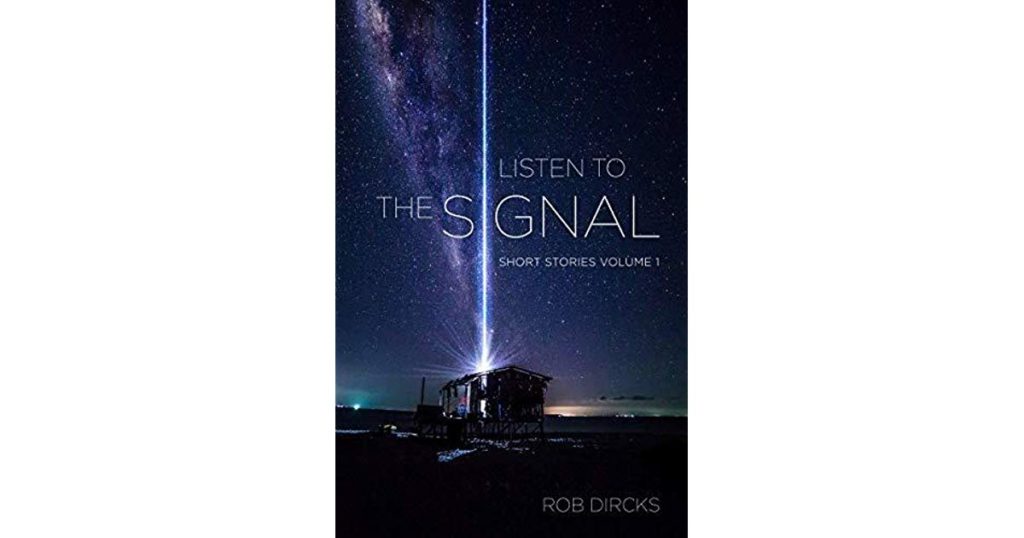Book Review: RADICALIZED by Cory Doctorow

Radicalized, the new collection of four novellas by Cory Doctorow, features an uncommon structure for a book. Authors tend to release either standalone novels or collections of short stories. Sure, sometimes they’ll release a standalone novella or include a novella or two in a collection, but I’m not sure I’ve ever read another book composed solely of a handful of novellas before. However, I really enjoyed this structure, and I wish more authors would release books like this. Although the novellas are unconnected and each stand on their own, their interweaving themes of technology, activism, politics, and society work together to make Radicalized a cohesive and powerful collection. And it’s timely too. In a recent interview, Doctorow said that he “didn’t intend to write ANY of these — they got blurted out while I was working on another book.” The stories deal with refugees, police brutality, terrorism, preppers, and other elements of our increasingly dystopian modern world. Since there’s so much to talk about here, I’m going to explore each story individually.
Book Review: THE LAST ASTRONAUT by David Wellington

Some books grab me by title alone. As someone whose life has been spent very emotionally involved with the fortunes of the United States’ space program, I felt positively yanked by David Wellington’s The Last Astronaut. An actual last astronaut is something that I fervently hope never actually exists except in the extremely long-term “heat death of the universe” sense. The idea has haunted me since at least my teenage years when I grappled with Bruce Sterling and William Gibson’s melancholy short story, “Red Star, Winter Orbit.” In this story, there are still people going into space, but only for commercial gain; the tasks are finite, clearly defined, not even suggested if they don’t enhance shareholder value. Whatever the members of such crews are, they are not astronauts. They are not exploring the sea of stars. It’s a sad and all too plausible vision of the future of the space program. The Last Astronaut has its own unique take on the future of human space travel. Just look at the cover!
Book Review: THE RAVEN TOWER by Ann Leckie

Ann Leckie is best known for her space opera work in The Ancillary series, a series that uses a first person point of view, pronouns, scope, and perspective to give a fresh and literary spin on that subgenre. I’ve highly enjoyed Leckie’s work in this arena and was excited to discover that she has an interest in writing fantasy as well. In her new novel, The Raven Tower, a second person point of view and experimentation with narrative and protagonists support an interesting turn for the author into fantasy novels. In a world very similar to our own — save that there are Gods — conflicts between city states and other polities run very much like they did in our Earth during the bronze age. Rulers strive for temporal supremacy over important resources and locations alike. Having the favor of a God or two is the “killer app” of warfare and conflict on this world, but when both sides have powerful Gods on their sides, conflicts become more subtle, more complex, and longer lasting. A key strait and a pair of cities on either side provide a venue for men and Gods to war against each other. And the Strength and the Patience of the Hill, a humble God from the far north, watches and patiently waits, even as They (for that is the God’s preferred pronoun) are inevitably drawn into the conflict. It is the God’s story, as refracted into the human protagonist Eolo who provides much of that action that is the heart of Ann Leckie’s story in The Raven Tower.
#05. Crosscurrent – Thrawn and On and On (A Star Wars Literary Podcast)

https://media.blubrry.com/skiffyandfanty/dts.podtrac.com/redirect.mp3/archive.org/download/SandFThrawnandOnandOn5Crosscurrent/SandF–ThrawnandOnandOn5–Crosscurrent.mp3Podcast: Play in new window | DownloadSubscribe: Apple Podcasts | Spotify | Android | iHeartRadio | Podchaser | Podcast Index | Email | TuneIn | Deezer | RSSJack up your hyperspace engines and get your Sith bath salts ready! Shaun, Alex, and Kate bounce back in time to the OLD Canon (Legends) for an in-depth discussion of Paul S. Kemp’s Crosscurrent. And “time” really is the word of the day. The crew of this absurdly comical starfreighter take a look at how Kemp’s novel deals with Force users in two drastically different time periods, the role of vengeance and doubt in the battle between the Dark and Light, and even the eccentricities of the Unknown Regions. Plus, this is the first book they’ve read that is downright creepy, so you better believe they’ve got a few things to say about getting the willies while reading a Star Wars novel. We hope you enjoy the episode!
Book Review: LISTEN TO THE SIGNAL (Short Stories, Vol 1) by Rob Dircks

If your busy lifestyle is leaving you with little time to enjoy the speculative fiction that you love, allow me to suggest a remedy: short story collections and anthologies. Such books require a low time commitment, and if a few days — or weeks — go by between the moments you manage to carve out for reading, recalling details isn’t a struggle. Reading shorts, though, can still tease the imagination, challenge a preconception, and let you explore a tiny slice of another life — maybe even another life form. And in that realm, you could do far, far worse than treating yourself to Rob Dircks’ Listen to the Signal: Short Stories, Vol 1. Collecting work from the author’s short fiction podcast of the same name, Listen to the Signal is a delightful bounty of fun ideas, clever twists, and endings that leave just enough to the reader’s own imagination to beguile a tedious wait for a doctor or car wash or turn at the DMV — or, my personal choice for short fiction, as bedtime stories for grown ups. Although, let me add, there is nothing here that, say, a mother should hesitate to let a young’un read, especially in her attempts to cultivate in the kid a love for her favorite genre (i.e. this is a precocious and kid-friendly collection).
Short Fiction Review: April 2019

My favorite stories often revolve around similar themes: justice, community, gender, and religion. In April 2019, the dominant themes in my favorite stories were gender and justice (or lack thereof), two important topics that intersect our lives in countless ways. These stories include “In That Place She Grows a Garden” by Del Sandeen in FIYAH Literary Magazine; “A Conch-Shell’s Notes” by Shweta Adhyam in Lightspeed Magazine; and “Vīs Dēlendī” by Marie Brennan in Uncanny Magazine. I found these stories emotionally and intellectually engaging, and they asked me to approach the themes of gender and justice from a variety of perspectives.

